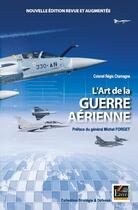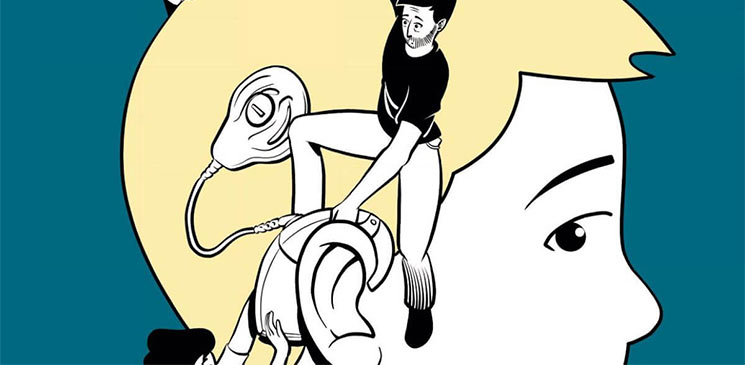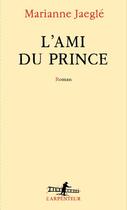-
Nombre de pages : (-)
-
Collection :
(-)
-
Genre :
Histoire
-
Thème :
Histoire
-
Prix littéraire(s) :
(-)
Résumé:
During the 20th century, the air arm progressively imposed itself in the art of war, to the extent of modifying its concept. Since the Persian Gulf War in 1991 it has played a central and, at the same time, preceding role in all the conflicts or crises, whether it concerned the rapid projection... Voir plus
During the 20th century, the air arm progressively imposed itself in the art of war, to the extent of modifying its concept. Since the Persian Gulf War in 1991 it has played a central and, at the same time, preceding role in all the conflicts or crises, whether it concerned the rapid projection of forces, global surveillance of the theatre of operations or deep strikes with the aim of strategically breaking or paralysing enemy troops. Moreover, the unifying of technical progress and of recent doctrinal thought has made modern aviation a political tool of excellence.The Art of Air War, easily accessible to the non-initiated, reveals the clues to what constitutes the uniqueness of aerial action. By explaining the ideas and methods that lie beneath it, this book will give the layman the means to decrypt the future air campaigns without sliding towards the superficial temptation of the sensational. Doing this, through the analysis of the movement from two to three dimensions in military operations, Colonel Regis Chamagne sets in light the emergence of the mastery of information, considered as the fourth dimension in warfare, and starts the threads of more general thinking on the new power factors.Au sommaireAn historical approach A didactic approach A pragmatic approach A rational approach A possible (syn)thesis Offensive and defensive The operational cycles and the organisation of command The necessary means
Donner votre avis















